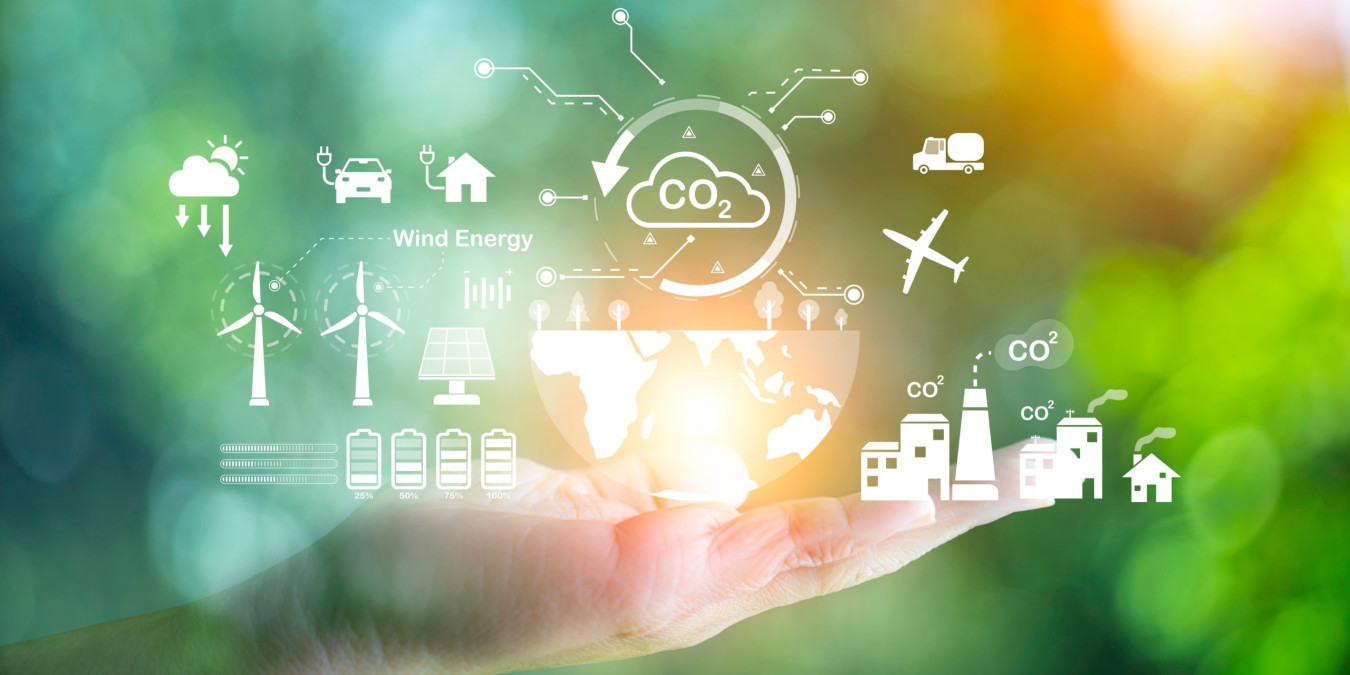Who fears the Green Deal: Is the Green Deal a necessary evil or a breakthrough opportunity for us?
Published: Feb 20, 2024 Reading time: 3 minutes Share: Share an articleAt a time when climate change is affecting our daily lives, a European strategy to combat it has become an integral part of our reality. But is the Green Deal a necessary evil or a breakthrough opportunity? Even if experts lean towards the latter, it remains an elusive bogeyman for much of society.

Let's first talk about what the Green Deal actually means.
The Green Deal is a broad set of regulations and initiatives aimed at making the European economy more sustainable through green transformations in almost all areas of human life. The main objective of the Green Deal is to achieve carbon neutrality by 2050, a key point of the Paris Agreement, which was ratified seven years ago by the 28 Member States representing the European Union at the time.
The Green Deal is backed by scientific advice and expert consensus that keeping global warming below 1.5 degrees Celsius is essential and can only be achieved through concerted global action and ambitious planning. In this respect, the European Union can set an example for other global players and pioneer the climate movement through its internal commitments.
Renewables, alternative fuels, modern energy and construction
Since its launch by the European Commission in December 2019, member states have adopted many measures and regulations under the Green Deal. These include more efficient renewable energy, modernisation of energy-intensive industries, combating and reducing material waste, faster digitisation, more modern construction methods, promoting organic farming, developing alternative fuels, and more robust biodiversity protection.
One of the key projects of the Green Deal is the revision of the legal framework known as "Fit for 55". This initiative aims to underpin climate action in the transport and energy sectors with a coherent and comprehensive package of laws to ensure that the transformation occurs equitably without unintended side effects.
Another pillar of the Green Deal is the European Climate Legal Framework, which sets precise targets and legally binds member states to reduce emissions by 55 per cent by 2030. This framework makes future developments more predictable for investors and other economic actors.
The Climate Change Adaptation Strategy, endorsed by the 27 Environmental Ministers in 2021, is also a support tool for member states and has become the basis for better information sharing, ecosystem protection, and providing assistance in the aftermath of increasing climate-related natural disasters.
Progress across continents
The Green Deal is also a new space for modernisation and progress. With an eye on the future, it seeks to increase the competitiveness of the European Union, which would be far behind the world's most prominent players without the green transformation. Indeed, the Green Deal is not an isolated plan in the world. India, the United States, and China have their own green strategies and have also signed up to the goals of the Paris Agreement. The emphasis on renewable sources or alternatives to fossil fuels is thus becoming increasingly global.
The shift towards climate-responsible operation will be harder for some EU regions than others. However, the Green Deal, precisely because of this challenge, provides space for discussion on greater social equity, fair representation, and justice. That is why the European Union has committed over €55 billion to support communities, businesses, regions, and countries facing the biggest challenges on the road to carbon neutrality as part of the Green Transition. But the fight against climate change is in the hands of all of us, and through a project called the European Climate Pact, everyone can get involved in Europe's green policies.
The Green Deal is, therefore, not a politically motivated plan or an effort to destroy the European economy—quite the opposite. The economies of EU Member States will have to constantly shift and modernise if they are to remain globally relevant. Climate change, which brings with it an unpredictable future, represents a far greater threat than the planned strategic transformation towards a more sustainable form of living.
Sources:
https://www.consilium.europa.eu/en/policies/green-deal/#what
https://www.consilium.europa.eu/en/policies/green-deal/timeline-european-green-deal-and-fit-for-55/